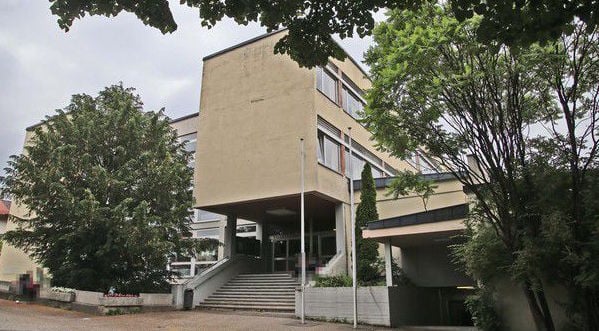Parents are worried that the girl, a Chechen native who had lived in Tyrol for ten years, may have infected other children at the Hall-Schönegg secondary school – although doctors have said this is unlikely.
30 of the girl’s classmates, as well as her teachers and family members are now having blood tests to see if they have the disease, and the adults are also having chest x-rays.
“We are doing everything we can so that parents need not worry, and we have confidence in the doctors,” headmaster Kurt Angerer told the Kronen Zeitung newspaper.
“Tuberculosis usually affects the lungs. Symptoms include sneezing and coughing, so the risk of infection is high,” doctor Alexander Fassl from the Innsbruck regional health department said.
However, he added that the form of tuberculosis that the 14-year-old girl had was rare and severe, and presented different symptoms. “Miliary tuberculosis has atypical symptoms such as a headache and weakness, so at first doctors didn’t diagnose her correctly,” he said.
Miliary TB may infect any number of organs, including the lungs, liver, and spleen.
The girl died in a local children’s hospital, but anyone who came into contact with her could be at risk of infection.
“But we’re not talking about something like measles or chickenpox, the risk of infection is much lower,” Fassl said.
All teachers at the school and parents of the girl’s classmates have been informed.
Fassl said that the first 20 blood tests have come back testing negative for TB and doctors are still waiting for the rest of the results. In 12 weeks the children and teachers will be given another blood test.



 Please whitelist us to continue reading.
Please whitelist us to continue reading.
Member comments